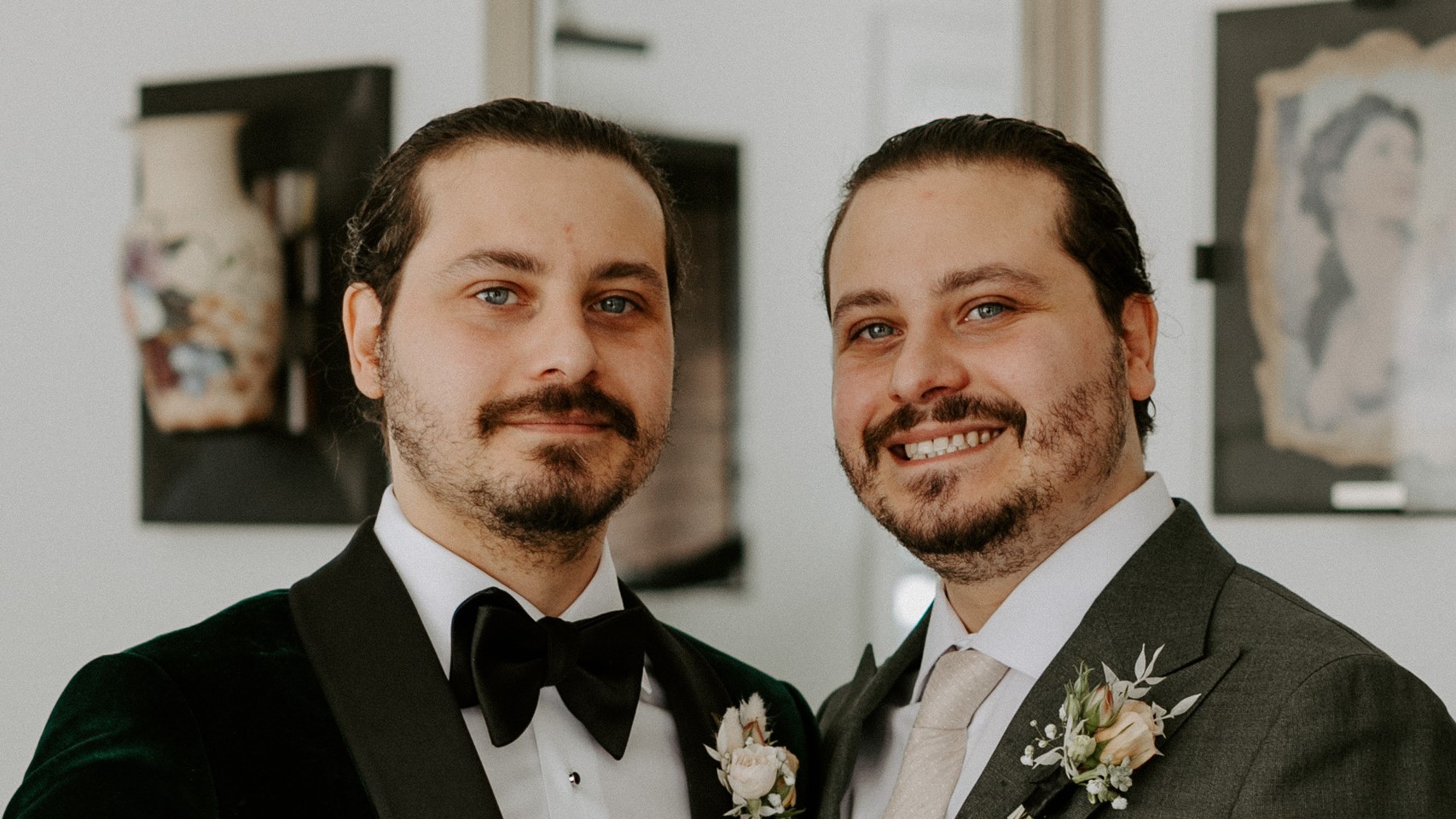Joseph Manzone, a PhD student in the University of Toronto Faculty of Kinesiology and Physical Education (KPE), was recently recognized with a Franklin Henry Young Scientist Award by the Canadian Society for Psychomotor Learning and Sport (SCAPPS). The award recognizes scholarly research of SCAPPS’ trainee members, as evidenced by their scholarly contributions to date and the quality of their thesis-related research.
“Winning the Young Scientist Award has provided me important validation on the work that I have done and necessary motivation to continue the work I haven't completed yet,” he says.
“Doing a graduate degree is very challenging, requires much resilience and can take a long time to complete, especially during a pandemic. There are times where progress can feel slow and it can sometimes be unclear if the work you are doing is rigorous enough to stand up to scientific scrutiny, especially if it hasn't been published or peer reviewed yet.”
Manzone’s doctoral research, supervised by Professor Tim Welsh, interim associate dean of research at KPE, examines the potential interactions between visual perceptual processes, i.e. how we see, and action related processes, i.e. how we plan and execute actions.
“Humans use available sensory information to identify objects of interest and then select, plan and execute appropriate actions,” says Manzone. “For example, one may choose between two apples based on desired colour or brightness and proceed to grasp the chosen apple. While the choice between apples may be primarily based on perceptual (e.g., colour) information, the apple must be acquired by performing an action (e.g., grasping it).”
Manzone’s PhD dissertation explores whether the characteristics associated with enacting a decision (i.e., the required effort and the current level of activation within the action systems of the brain) can influence the perceptual decision-making process itself.
“For example, if one apple is in a hard to reach location relative to another apple, do we perceive the hard to reach apple as being less red or less bright?” he says.
The answer may lead to the intriguing possibility that the ways in which we plan to interact with the world may influence how we see or make decisions about it.
Manzone joins a long list of KPE faculty members and graduate students who have been recognized with the Young Scientist Award for their scholarly research. Professors Tim Welsh and Catherine Sabiston, Associate Professors Luc Tremblay and Kelly Arbour-Nicitopoulos, as well as graduate students from the program, Eva Pila, Gerome Manson, Tristan Loria and Zoe Poucher, are all past recipients of the award.
“I am honored and excited to have my name amongst these rigorous researchers,” says Manzone. “I have been attending the SCAPPS national conference every year since 2014 as a presenter, attendee or volunteer, and I’ve always looked forward to the Young Scientist Award presentations,” he says.
The award requires winners to present their dissertation work in front of the entire SCAPPS community at the national conference.
“I always found it amazing and inspiring that PhD students could complete that much high quality work during their degree,” he says. “I am very much looking forward to presenting at the conference as it will again allow me to reflect on the work that I have done and share the scientific phenomena that I find most interesting. Manzone’s twin brother Damian (right) is also doing his PhD in kinesiology at U of T (photo courtesy of Joseph Manzone)
Manzone’s twin brother Damian (right) is also doing his PhD in kinesiology at U of T (photo courtesy of Joseph Manzone)
Manzone’s twin brother Damian (right) is also doing his PhD in kinesiology at U of T. They did their undergraduate degrees together at KPE, went to separate universities for their master's degrees (Damian went to the University of British Columbia, while Manzone went to Western University), and now they are completing their doctorates together. Damian is supervised by Associate Professor Tremblay and, broadly speaking, has a similar research focus to his.
“We both aim to gain a better understanding of the interactions between sensory/perceptual systems and motor/action systems,” says Manzone. “However, Damian's work focuses more so on our perception of touch information and how our touch perception is modulated when performing a movement, when watching other people perform movements and when receiving objects. Both the differences and similarities in our research interests have allowed us to support and learn from each other throughout our graduate degrees.”
That support extends to applying for awards and jobs. Given that they are in the same broad research field and graduate department, the brothers often apply for the same awards.
“We handle this in more of a supportive than competitive manner,” says Manzone. “If one of us won an award one year, it gave the other person a template for a winning application that could be referenced for the next award cycle.”
Last year, the brothers were both interviewed for the same course instructor position, on the same day no less.
“Though we prepared the interview materials separately, we still gave each other constructive feedback along the way to ensure that we both were fully prepared.”
